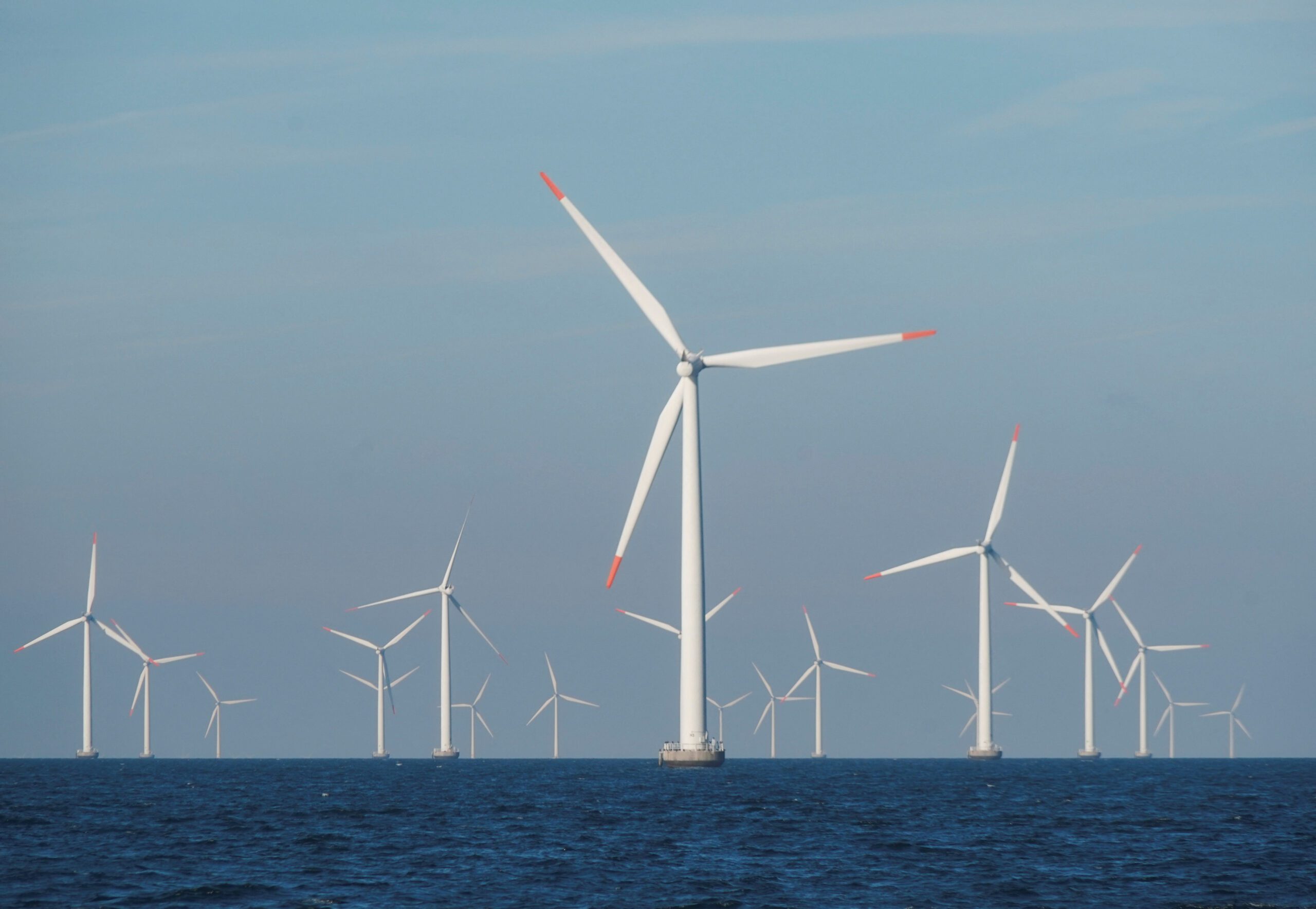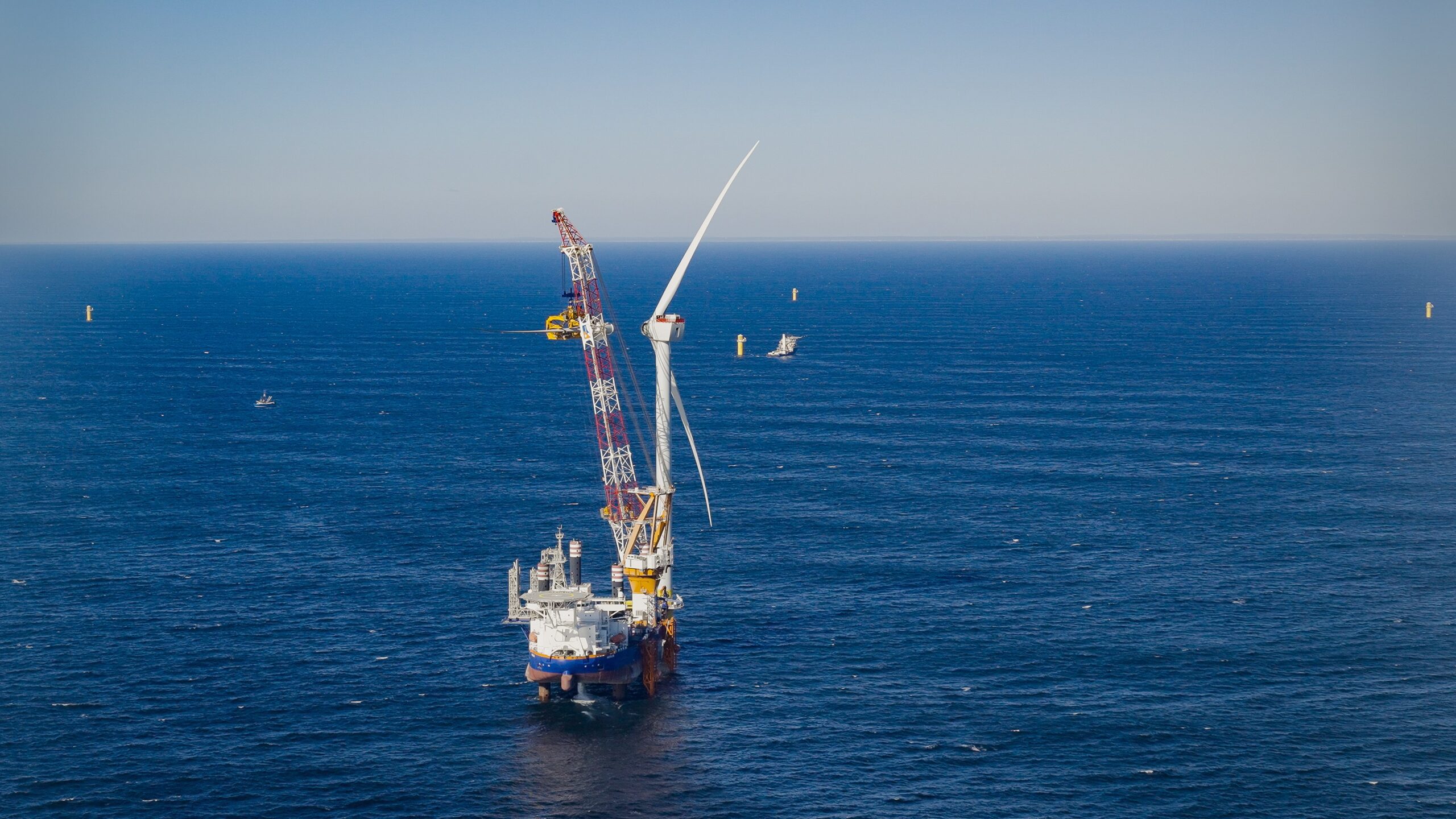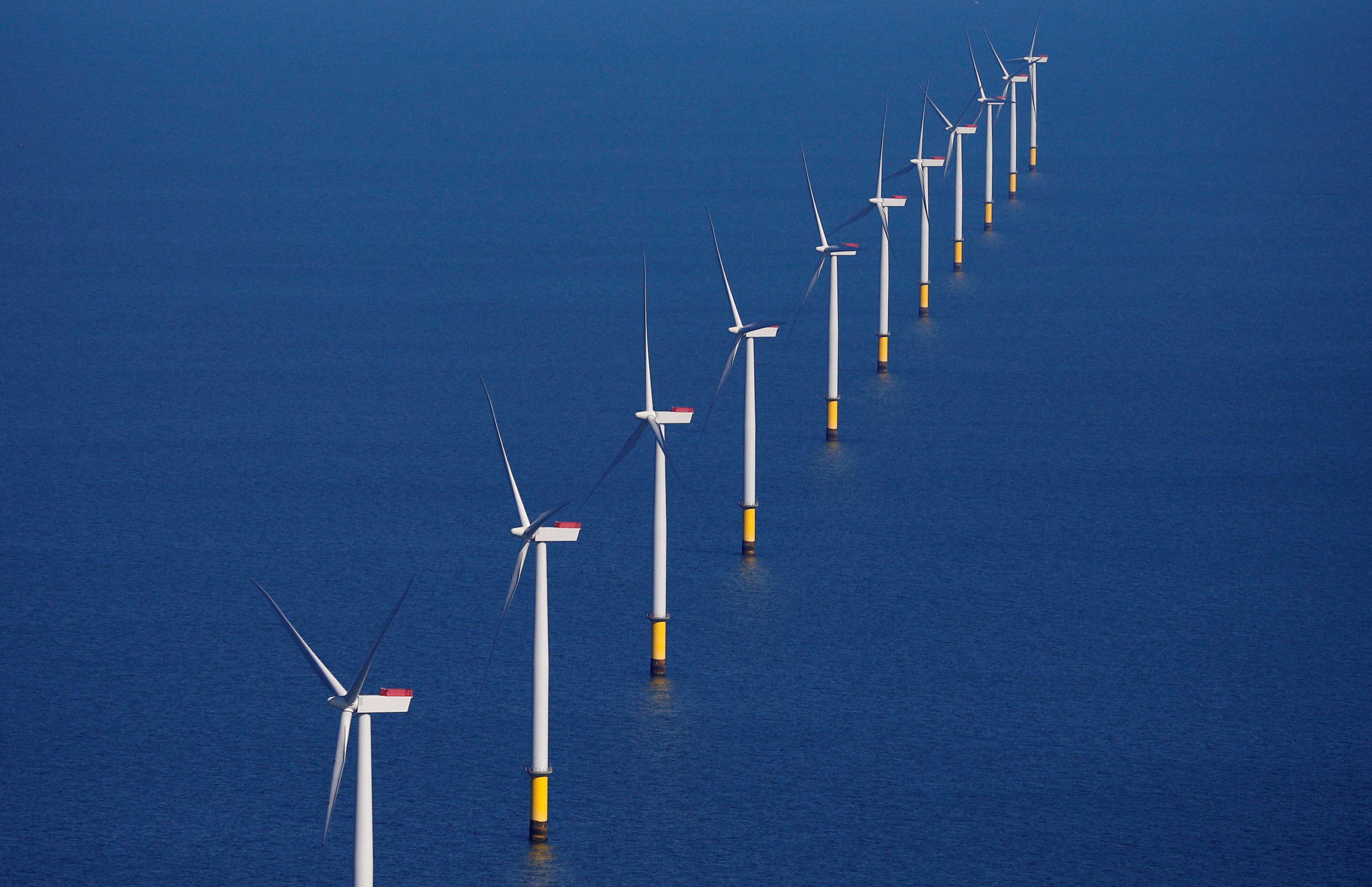The U.S. Department of Energy (DOE) has revealed an ambitious new strategy to expand the nation’s offshore wind energy capacity.
The DOE’s Offshore Wind Energy Strategy outlines plans to achieve President Biden’s target of deploying 30 gigawatts (GW) of offshore wind energy by 2030 and position the nation to reach an ambitious 110 GW or more target by 2050.
Deploying 30 GW of offshore wind would generate sufficient power for 10 million homes, create 77,000 jobs, and stimulate $12 billion in annual private investment.
The strategy emphasizes the DOE’s commitment to supporting the Biden-Harris Administration’s whole-of-government approach to expedite offshore wind deployment, contributing to a carbon-free electricity sector by 2035.
“The transformative potential of offshore wind energy is critical to achieving President Biden’s bold clean energy goals,” said U.S. Secretary of Energy Jennifer M. Granholm. She noted that the Offshore Wind Energy Strategy demonstrates the DOE’s dedication to leveraging its resources to tap into this clean and reliable energy source, generating tens of thousands of well-paying, union jobs and revitalizing coastal communities.
Offshore wind has experienced rapid growth worldwide, becoming a crucial component of international decarbonization and coastal economies. The U.S. is now poised to capitalize on its own offshore wind potential, with 40 GW currently in various development stages, indicating significant expansion possibilities.
The strategy organizes the DOE’s offshore wind efforts into four key pillars that collectively aim to bolster offshore wind development in a way that is economically viable, equitable, and environmentally sustainable.
The first pillar, NOW, aims to lower costs from $73 per megawatt-hour (MWh) to $51 per MWh by 2030, develop a domestic supply chain, and inform sustainable, just deployment of fixed-bottom offshore wind. The second pillar, FORWARD, aims to advance floating offshore wind by reducing costs. The third and fourth pillars, CONNECT and TRANSFORM, will focus on power transmission solutions and widespread electrification and decarbonization.
The DOE’s Offshore Wind Strategy connects the efforts of the Wind Energy Technologies Office (WETO) and 15 other DOE offices to achieve the Biden-Harris Administration’s offshore wind targets and advance the clean energy economy.

 Join The Club
Join The Club










